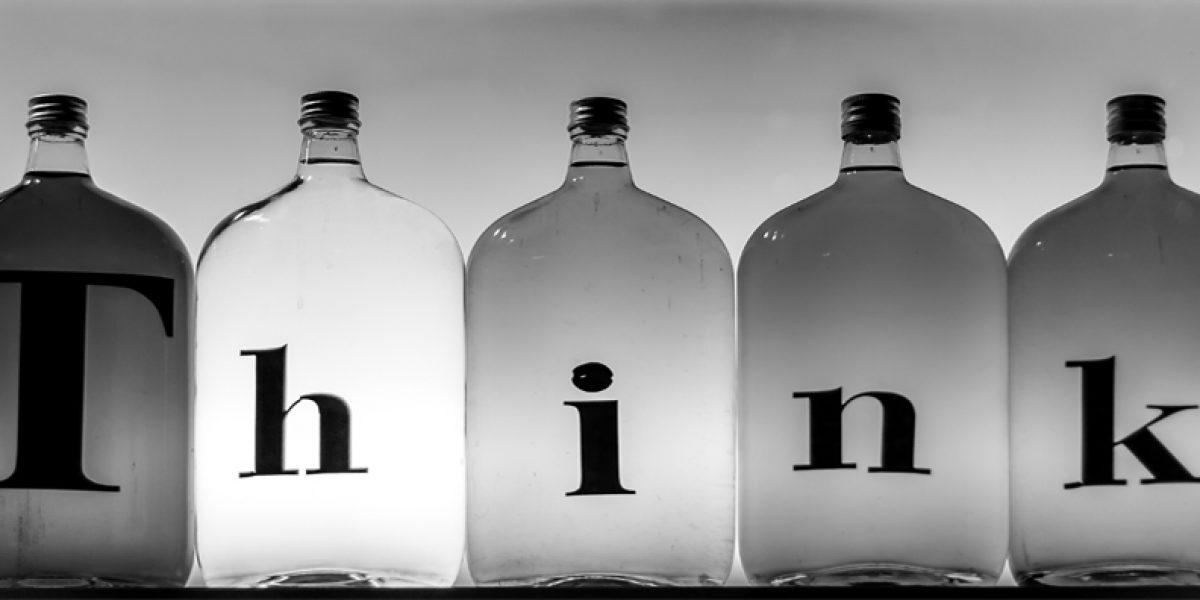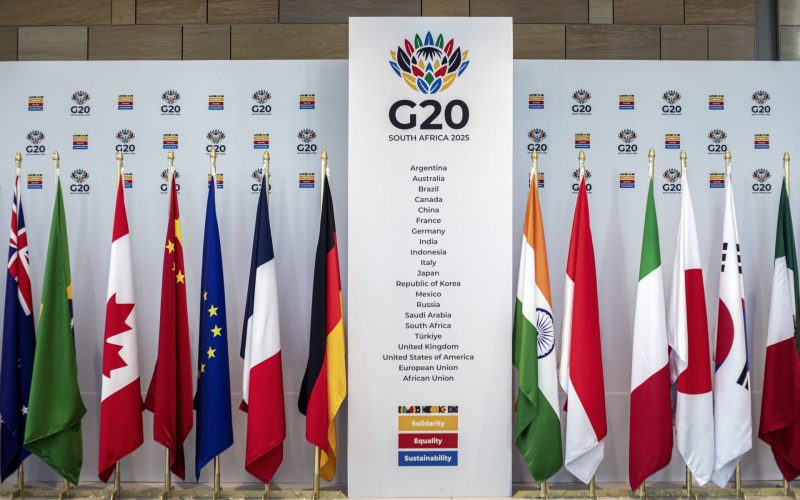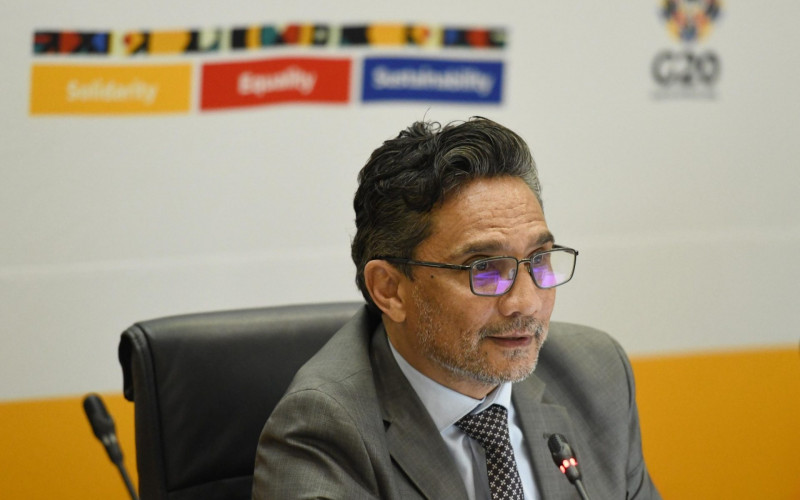Africa’s growing importance as the next frontier of global economic opportunity means that its place at the high table must be secured. But being at the table rather than the object of the banquet poses its own challenges. A seat at the table does not in and of itself ensure influence over the outcomes. For that to happen, it requires both strategic planning and tactical mastery. As significant, however, is the analytical dimension that helps to inform the content of the strategy.
Global interconnectedness today ensures that there is no shortage of knowledge production. But to carry the metaphor of the banquet further, the kitchen is not always of one’s own making. One of the enduring criticisms levelled by many policy makers in Africa is the reliance on Western/Northern institutions for knowledge production. While these international institutions are multinational in the composition of their staff, they nevertheless display a similar perspective on global policy – one which is decidedly influenced by the orthodoxies espoused by the North.
The post-truth politics of 2016 and 2017 illustrate not only the ease with which facts can be distorted, but also the continued importance of robust, critical and evidence-based analysis that reflects different perspectives in a diverse world.
Rising populism has created simple answers to complex questions. It is not limited to Donald Trump’s America or to Nicolás Maduro’s Venezuela. In its simplicity populism spurns measured analysis and the context that allows certain policies to work and others to fail.
Yet populism and the ‘fake news’ syndrome of this technological age have also given us all a wake-up call. ‘Fake news’ has rammed home the point that quality research and analysis need to be accessible to all. While accessibility may mean a greater social media presence in a world where even the US president seems to make foreign policy pronouncements on Twitter, it is actually much more than that. Accessibility includes research that does not hide behind hifalutin academic jargon, that is integral to a broader, informed dialogue – not a one-way dissemination path – and that never loses sight of the imperative of integrity.
Africa boasts many credible and quality think tanks, although they are not often acknowledged by their own. Many lack sufficient resources to communicate their work and to create significant platforms for dialogue. They battle for limited financial resources and where these come from external parties, think tanks may be castigated for being agents of imperialism or other forces conspiring against the state. Yet, they have grown in numbers and in quality of output.
They already form the basis of home-grown expertise and knowledge production. Their diversity of thematic focus, geographic remit and ideological perspective guarantee a blossoming of views, alternatives and healthy debate. Over the last few years, African think tanks have sought to cooperate and exchange views on the big issues of the day but also on the business of think tanks. Both are important if the continent’s think tanks are to strengthen their input into policy, not only at the national level, but even more importantly at the global level. After all, the rules being decided in forums such as the G20 and other plurilaterals have global impact.
The new Africa Portal, a joint initiative of the South African Institute of International Affairs and the Centre for International Governance Innovation, remains committed to its mandate to make research widely and freely accessible. However, it has now responded to the exigencies brought on by post-truth politics and populism by providing a platform for thought leaders to opine, debate and analyse critical matters affecting Africa and the world at large.
By seeking to make research more accessible through shorter pieces and a more dynamic website that responds to crucial current events, as well as to longer-term issues, the Africa Portal can be an important vehicle for communicating insightful analysis. Through this platform, we can work more assiduously to raise the importance of public policy institutes in the minds of African governments, business and other actors. Our public representatives should thus not only be at the table, but also determine the chef in the kitchen.







